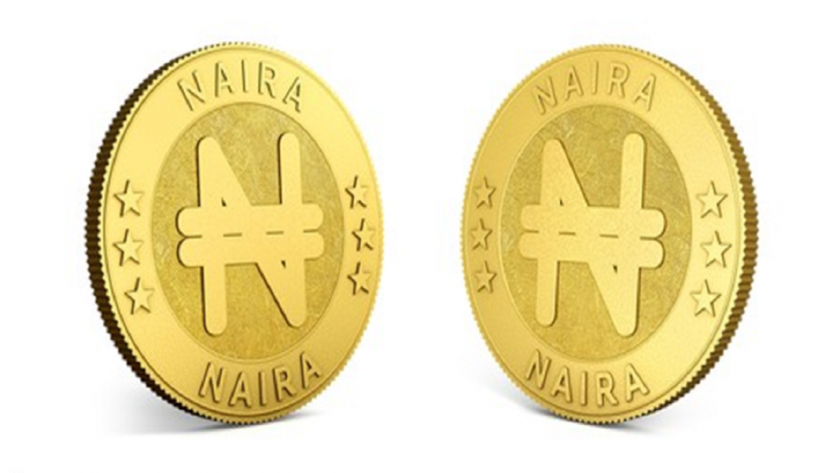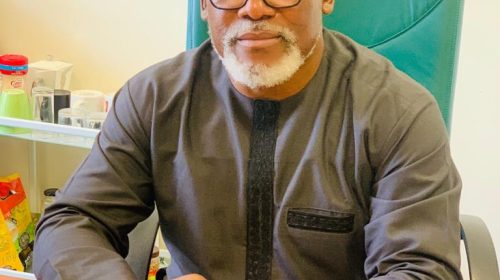eNaira, Nigeria’s Digital Currency, Goes Live ahead of CBN Plan

The official website of the Central Bank of Nigeria’s digital currency, the eNaira, has gone live, exactly one week to the planned launch of the initiative amidst the growing global adoption of alternatives to fiat currencies. However, the app is not available for download.
eNaira, Nigeria’s central bank digital currency that provides a unique form of money denominated in Naira. The CBN said it will serve as both a medium of exchange and a store of value, offering better payment prospects in retail transactions when compared to cash payments.
Some analysts had predicted that the operation of the digital currency would curb arbitrage amidst the dollar shortage in the country.
The apex bank said the currency has an exclusive operational structure that is both remarkable and nothing like other forms of central bank money.
According to the CBN, there are several benefits from a central bank-issued digital currency in Nigeria, and this cuts across different sectors of, and concerns of the economy.
eNaira users will benefit from the website’s simplified financial transactions, according to a statement that noted that users will be able to send money to one another using a linked bank account or credit card.
It will also allow customers the ability to transfer money from their bank account to their eNaira wallet with ease, CBN document on the wallet explains.
Apart from that, banks customers will be able to monitor their eNaira wallet, check balances, and view transaction history; and customers will be able to make in-store payments using their eNaira wallet by scanning QR codes.
In addition, customers are allowed to scan the QR Code on the website to get started.
While speaking to a gathering of foreign investors in New York recently, Godwin Emefiele, the CBN Governor said the October 1 launch date will likely be rescheduled due to activities surrounding the country’s Independence Day celebration.
He had indicated that enaira would be launched on October 4, 2021.
Nigerians should be able to download the eNaira app from either Google plays store or Apple app store, onboard themselves and fund their eNaira wallet using their bank account or with cash at a registered agent location, Emefiele said.
“If you are a bank customer and you have, say N10 million in your bank account, for your comfort of spending and making a purchase, you can tell the bank to load N2 million out of your N10 million into your wallet.
“So, your bank balance in physical cash drops to N8 million, while your e-wallet carries N2 million. With that, you can make purchases both within and across the country.
“There is so much variance of the eNaira. But this is where we would start because we are not going to pretend that there are no risks in opening your system up. We would look at the various products, determine the risk, determine the best way to mitigate the risk before we now open it up more and more,” Emefiele added.
Also shedding more light on Bitts, he said, “We chose them as a partner. In some other climes where they are, they have their software and they earn their money. But we chose that they would establish their company in Nigeria.
“The apex bank will own a substantial stake in that company. It is a company that will be established in Nigeria and the majority holding will be the CBN.”
On his part, the CBN’s Director, Corporate Communications Department, Osita Nwanisobi, explained that the eNaira project had been a long and thorough process for the apex bank following its resolve in 2017, digitise the local currency after extensive research and exploration.
In line with global trends, the Central Bank of Nigeria (CBN) recently announced the formal engagement of global fintech company, Bitt Inc., as its technical partner for the development of its digital currency.
Answering what makes eNaira different from deposits with banks, CBN said that eNaira is a digital form of cash and is a direct liability on the Central Bank of Nigeria while the customer deposits are direct liabilities on the financial institutions
Marketforces






Leave a Reply